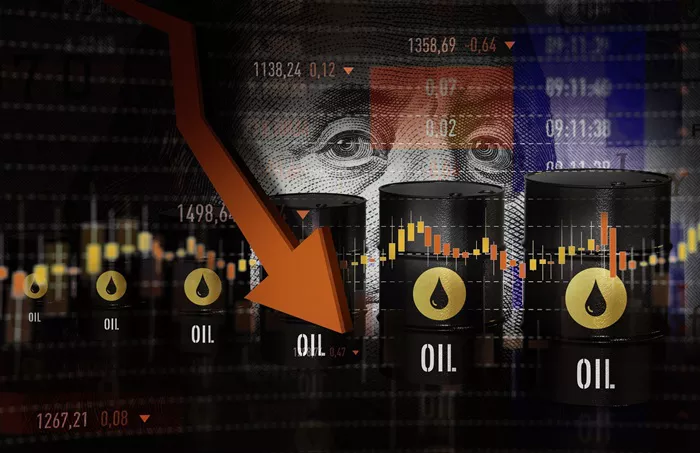Oil prices stabilized near a six-week low, bolstered by encouraging economic data from China which allayed worries about demand in the world’s largest importer, ahead of a crucial OPEC+ monitoring session scheduled for later this week.
Brent crude managed to hold above $81 per barrel despite a 1.5% decline on Friday, marking its third consecutive weekly drop, while West Texas Intermediate hovered around $77. June saw industrial profits in Asia’s biggest economy grow at a faster pace compared to May, underscoring the resilience of the manufacturing sector.
Despite the recent downturn, crude prices have maintained a modest upward trajectory this year, supported by disciplined supply measures from OPEC+ and anticipation of potential interest rate adjustments by the Federal Reserve to stimulate economic activity. The Fed is set to announce its decision on Wednesday. Meanwhile, key members of the Organization of the Petroleum Exporting Countries (OPEC) and its allies are scheduled to convene virtually the following day, with market sentiment divided on whether production levels will be adjusted.
In addition to economic factors, geopolitical tensions in the Middle East are also influencing market dynamics. Israel’s recent airstrikes on Hezbollah targets, in response to a fatal rocket attack, have heightened regional uncertainties. The situation remains fluid as Israel indicates readiness for further retaliation while signaling openness to a proposed truce in Gaza.
Vivek Dhar, an analyst at Commonwealth Bank of Australia in Melbourne, remarked, “Concerns surrounding China’s economic outlook have exerted downward pressure on energy commodities. However, early this week, rising geopolitical risks in the Middle East are likely to overshadow demand concerns.”


